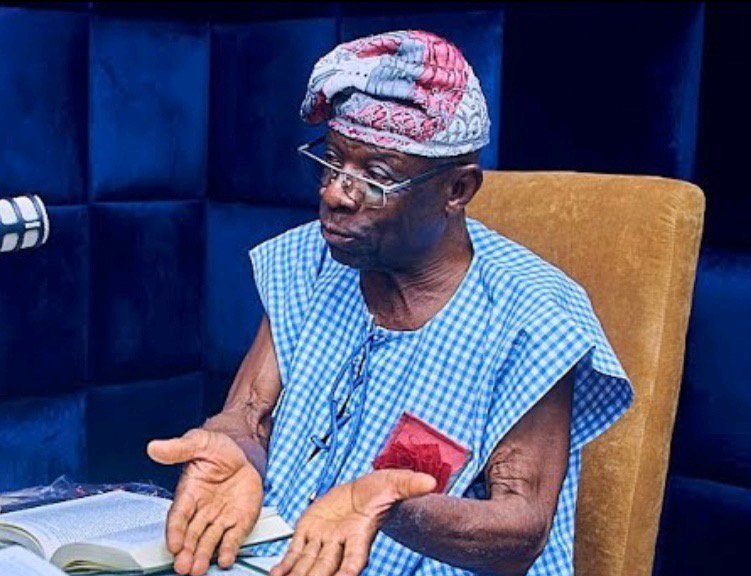Retired Nigerian Army General Godwin Alabi Isama has recounted a pivotal moment during the Nigerian Civil War, revealing that the destruction of the Oluwa Bridge in Ore, Ondo State, was a strategic move that significantly hindered the advance of Biafran troops toward Lagos.
In a recent interview with journalist Edmund Obilo, General Isama described how the bridge’s demolition played a critical role in halting the momentum of Biafran forces who had been making gains in the western region during the conflict.
According to him, the decision to destroy the bridge was not made lightly but was a necessary action to prevent further incursion by the secessionist army.
As Biafran troops approached Ore, a key junction on the route to Lagos, General Isama said he recognized the imminent threat and urgently contacted top military officials to discuss the destruction of the Oluwa Bridge as a tactical defense.
Among those he reached out to was then-Colonel Olusegun Obasanjo, who would later become Nigeria’s Head of State and President.
However, Isama explained that his request to Obasanjo met with logistical challenges. “Obasanjo told me he didn’t have the equipment necessary to blow up the bridge,” Isama recalled. “I insisted that if we could demolish it, the Biafrans wouldn’t be able to cross. They were advancing with full force.”
Faced with Obasanjo’s inability to act, General Isama said he turned to Governor Adeyinka Adebayo, the then Military Governor of the Western Region.
In contrast to Obasanjo’s response, Adebayo acted swiftly. The governor contacted engineers from the Public Works Department (PWD), who subsequently carried out the operation to demolish the bridge.
“When the Biafran troops reached Ore, it was already dawn, and we were all on high alert,” Isama said. “I had informed everyone ahead of time. Adebayo responded immediately. Thanks to his quick intervention, the bridge was successfully destroyed.”
The act of blowing up the Oluwa Bridge became a turning point, effectively stalling the Biafran forces and protecting Lagos and other key areas in the West from falling under their control.
The Nigerian Civil War, which lasted from 1967 to 1970, was a bloody and complex conflict rooted in political, ethnic, and economic tensions.
The Biafran side, led by Lieutenant Colonel Odumegwu Ojukwu, sought to create an independent nation in the southeastern region of Nigeria, citing marginalization and persecution.
The conflict claimed an estimated one to three million lives, many of them civilians who died from famine and disease.
General Isama’s account adds further detail to the military history of the war, highlighting the difficult decisions faced by military leaders and the regional collaborations that helped determine the conflict’s outcome.
Though the Civil War ended over five decades ago, its legacy continues to shape Nigerian politics, military doctrine, and interethnic relations.
General Isama’s revelations serve as a reminder of how key tactical decisions and the individuals willing to make them can alter the course of history.
Love Reading Authentic News Stories, Click The Button Below

